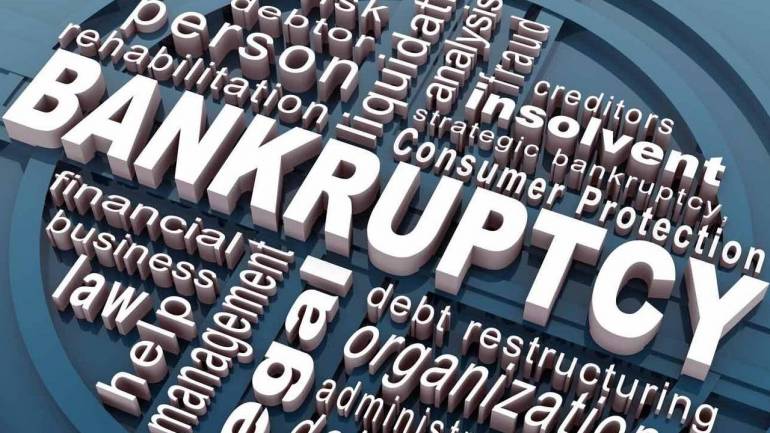
FAQ's
According Insolvency precedes Bankruptcy which further leads to Liquidation. In common parlance, Insolvency is a state wherein the financial upheavals of a Company are such that it is unable to carry on its operations at the current pace. This eventually leads to Bankruptcy wherein the Company is legally declared as incapable of repaying its dues and thus the operations of the Company are wound up as per the governing statute and the Company goes into liquidation. Sample Description
A. Following laws as enumerated below governed insolvency before enactment of IBC, 2016, namely:
- The Provincial Insolvency Act, 1920
- Companies Act, 1956/2013
- LLP Act, 2008 for closure of LLPs
- SARFAESI Act, 2002
- Recovery of debts due to Banks and Financial Institutions Act, 1993
- Sick Industries Companies (Special Provisions) Act, 1985 Sample Description
A. A Corporate Person who owes debt to any person.
A. A person to whom a financial debt is owed against consideration for time value of money. Financial creditors are those whose relationship with the entity is a pure financial contract, such as a loan or debt security.
A. A person to whom an operational debt is owed on account of goods or services including workman and govt. dues/. Operational creditors are those whose liability from the entity comes from a transaction on operations.

